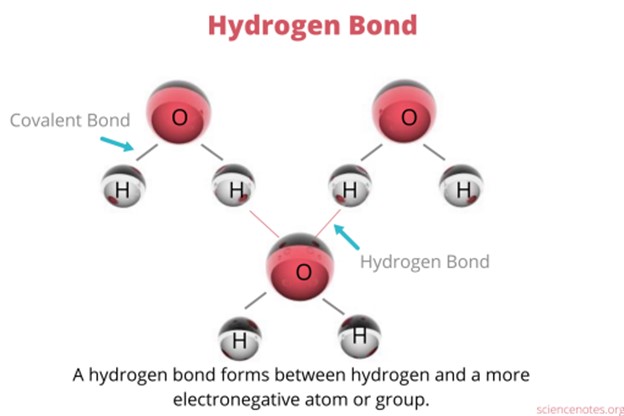Which cytotoxic lymphocyte granules contain serine proteases that induce apoptosis in target cells?
Perforins.
Cytokines.
Granzymes.
Interferons.
The Correct Answer is C
Granzymes are a family of serine proteases that are stored in and secreted from the cytotoxic granules of cytotoxic T lymphocytes (CTL) and natural killer (NK) cells.
They work in synergy with perforin, a pore-forming toxin, to induce apoptosis in target cells.
Perforin is necessary for the delivery of granzyme B to the target cell cytosol where caspase-dependent and -independent pathways to apoptosis are activated.
Perforins (choice A) are pore-forming toxins that work in synergy with granzymes to induce apoptosis in target cells.
Cytokines (choice B) are signaling molecules that regulate immune responses but do not directly induce apoptosis in target cells.
Interferons (choice D) are a type of cytokine that play a role in immune responses but do not directly induce apoptosis in target cells.
Nursing Test Bank
Naxlex Comprehensive Predictor Exams
Related Questions
Correct Answer is A
Explanation
Hydrogen bonding is an interaction involving a hydrogen atom located between a pair of other atoms having a high affinity for electrons.

One atom of the pair (the donor), generally a fluorine, nitrogen, or oxygen atom, is covalently bonded to a hydrogen atom, whose electrons it shares unequally; its high electron affinity causes the hydrogen to take on a slight positive charge.
The other atom of the pair (the acceptor), also typically F, N, or O, has an unshared electron pair, which gives it a slight negative charge.
Mainly through electrostatic attraction, the donor atom effectively shares its hydrogen with the acceptor atom, forming a bond.
Choice B) The repulsion between the positive and negative charges of two molecules is incorrect because hydrogen bonding involves attraction, not repulsion.
Choice C) The attraction between two nonpolar molecules is incorrect because hydrogen bonding involves polar molecules.
Choice D) The attraction between two ionic molecules is incorrect because hydrogen bonding involves polar molecules and not ionic molecules.
Correct Answer is A
Explanation
Orthopnea refers to a condition in which a patient experiences difficulty breathing while lying down, but their breathing improves when they sit up or stand.
Choice B, Hypoxia, is not the correct answer because it refers to a condition in which there is a lack of oxygen supply to the body’s tissues.
Choice C, Tachypnea, is not the correct answer because it refers to rapid breathing.
Choice D, Bradypnea, is not the correct answer because it refers to abnormally slow breathing.
Whether you are a student looking to ace your exams or a practicing nurse seeking to enhance your expertise , our nursing education contents will empower you with the confidence and competence to make a difference in the lives of patients and become a respected leader in the healthcare field.
Visit Naxlex, invest in your future and unlock endless possibilities with our unparalleled nursing education contents today
Report Wrong Answer on the Current Question
Do you disagree with the answer? If yes, what is your expected answer? Explain.
Kindly be descriptive with the issue you are facing.
